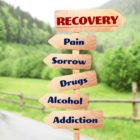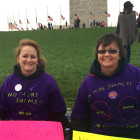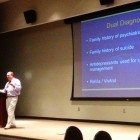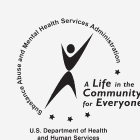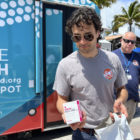
Study: Drug use less common, more deadly among teens during pandemic
|
Published today in JAMA (Journal of the American Medical Association), Trends in Drug Overdose Deaths Among US Adolescents, January 2010 to June 2021, noted an alarming increase in deaths driven by the widespread presence of illicit fentanyl in the drug supply, particularly in fake prescription opioid and benzodiazepine pills sold illegally. Researchers calculated the results by comparing overdose deaths per 100,000 for teenagers with US death records data from the Centers for Disease Control and Prevention.
